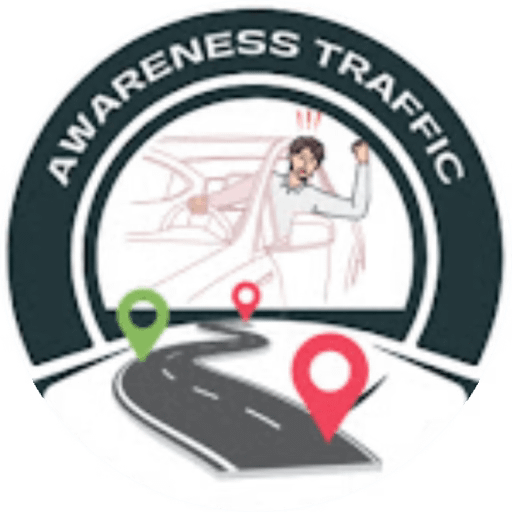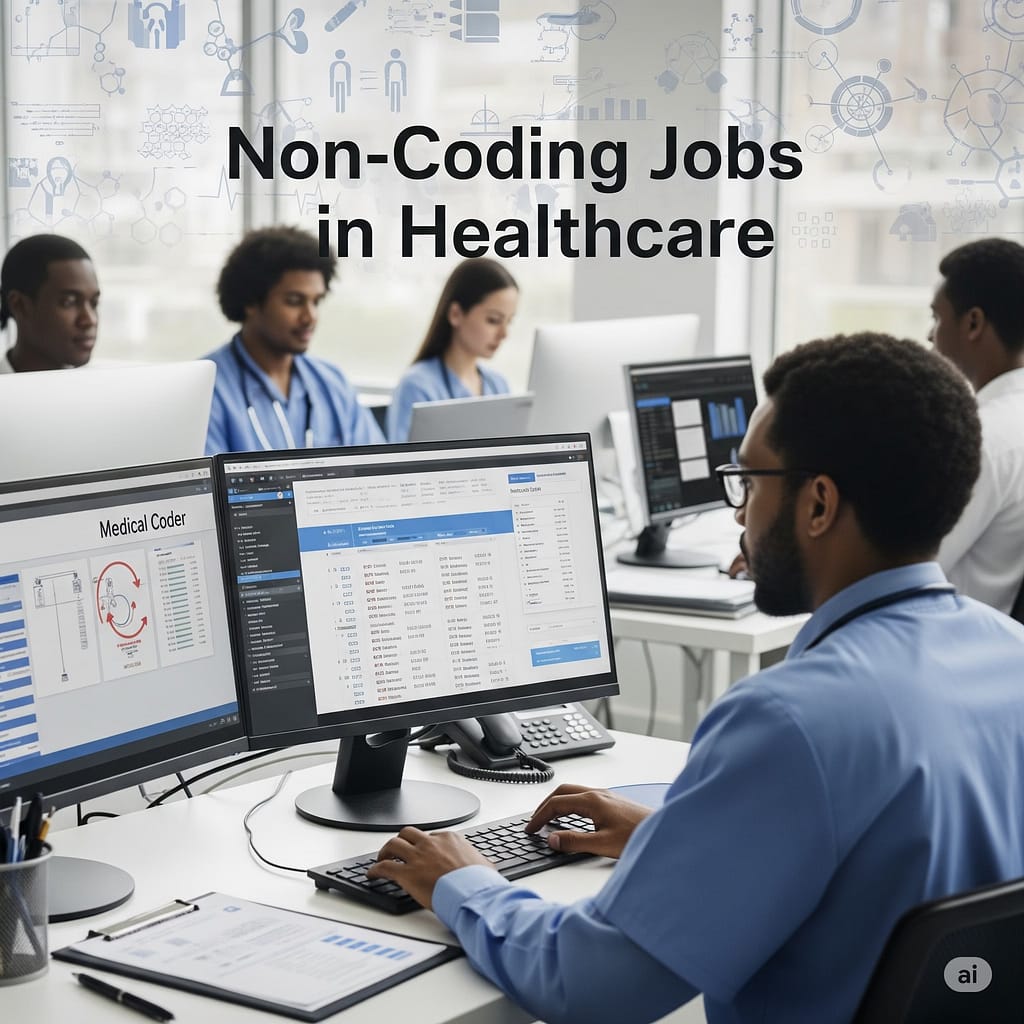While the tech world often emphasizes programming and software development, there’s a growing demand for non-coding roles—particularly in healthcare—that offer promising careers without requiring knowledge of traditional computer programming. One such role is medical coding, a vital part of the healthcare revenue cycle. But medical coding is just one of many non-coding careers in the healthcare industry.
In this article, we’ll explore what medical coding is, how it fits into the broader healthcare landscape, and review similar non-coding job options that offer stability, flexibility, and good income potential.
What is Medical Coding?
Medical coding is the process of translating healthcare diagnoses, procedures, medical services, and equipment into universal alphanumeric codes. These codes come from standardized code sets such as:
- ICD-10 (International Classification of Diseases)
- CPT (Current Procedural Terminology)
- HCPCS (Healthcare Common Procedure Coding System)
Role of a Medical Coder:
- Review patient medical records.
- Assign correct diagnostic and procedural codes.
- Ensure codes meet insurance and legal standards.
- Support accurate billing and reimbursement.
Skills Required:
- Attention to detail
- Understanding of medical terminology
- Knowledge of anatomy and physiology
- Familiarity with healthcare regulations (like HIPAA)
- Analytical and research skills
Education and Certification:
- Certifications: CPC (Certified Professional Coder), CCS (Certified Coding Specialist), or CCA (Certified Coding Associate)
- Training Programs: Offered by organizations like AAPC, AHIMA, or vocational schools
- Timeframe: Many training programs can be completed in 6–12 months
Salary and Outlook:
- Average Salary (U.S.): $45,000 – $65,000/year (varies by experience, location, and certification)
- Job Growth: Strong demand due to healthcare digitization and aging population
Other Non-Coding Healthcare Jobs to Explore
Medical coding is just one of several non-clinical, non-coding jobs in healthcare. Here are some more:

1. Medical Billing Specialist
- What they do: Handle the financial side of healthcare, including submitting insurance claims and managing patient billing.
- Overlap with coding: Often works closely with medical coders.
- Salary: $40,000 – $55,000/year
2. Health Information Technician
- What they do: Organize and manage health information data, ensuring its quality, accuracy, and security.
- Certification: RHIT (Registered Health Information Technician)
- Salary: $45,000 – $65,000/year
3. Medical Transcriptionist
- What they do: Convert voice recordings from healthcare providers into written reports.
- Skills: Typing speed, knowledge of medical terms, attention to detail
- Salary: $30,000 – $45,000/year
- Trend: This field is shrinking due to AI transcription, but still viable in specialized areas.
4. Clinical Documentation Specialist
- What they do: Ensure accuracy and completeness of clinical documents to support coding, billing, and quality care.
- Background: Often requires clinical knowledge or RN/MD credentials, but not always.
- Salary: $70,000 – $90,000/year
5. Medical Records Clerk
- What they do: Maintain and retrieve patient records, both digital and paper-based.
- Education: High school diploma or associate degree
- Salary: $30,000 – $40,000/year
6. Patient Access Representative
- What they do: Serve as the first point of contact for patients; handle scheduling, check-ins, and insurance verification.
- Skills: Communication, organization, customer service
- Salary: $35,000 – $50,000/year
7. Healthcare Compliance Officer
- What they do: Ensure the healthcare organization follows legal and ethical standards (e.g., HIPAA, billing practices).
- Education: Bachelor’s or Master’s in healthcare administration, law, or compliance
- Salary: $75,000 – $100,000+/year
Who Should Consider Non-Coding Jobs in Healthcare?
These jobs are ideal for:
- People who want to work in healthcare but aren’t interested in patient care.
- Career changers looking for stable and flexible options.
- Individuals with strong organizational, analytical, and communication skills.
- Those who prefer remote or hybrid work setups (especially in billing, coding, and transcription roles).
Advantages of Non-Coding Healthcare Careers
✅ High Demand – Especially with increasing healthcare needs and medical documentation requirements.
✅ Shorter Training Period – Many roles require only certification or a 1–2 year degree.
✅ Remote Work Opportunities – Many medical coding, billing, and transcription jobs offer remote flexibility.
✅ Stepping Stones – Roles like Health Information Technician or Clinical Documentation Specialist can be stepping stones to healthcare IT or administrative leadership positions.
Getting Started: Steps to Launch Your Career
- Research Roles: Explore what job best fits your interests and strengths.
- Choose a Training Program: Look for accredited programs (especially for coding and billing).
- Get Certified: Most employers prefer or require certification.
- Gain Experience: Internships, volunteer roles, or entry-level positions can help.
- Network and Apply: Use job boards (Indeed, LinkedIn, AAPC), healthcare job fairs, or local clinics.
Final Thoughts
Non-coding healthcare jobs like medical coding play a critical role behind the scenes in keeping the healthcare system running smoothly. They offer fulfilling careers, good income potential, and opportunities to grow—all without needing to write a single line of code. Whether you’re entering the workforce, switching careers, or seeking flexibility, these roles are worth serious consideration.



